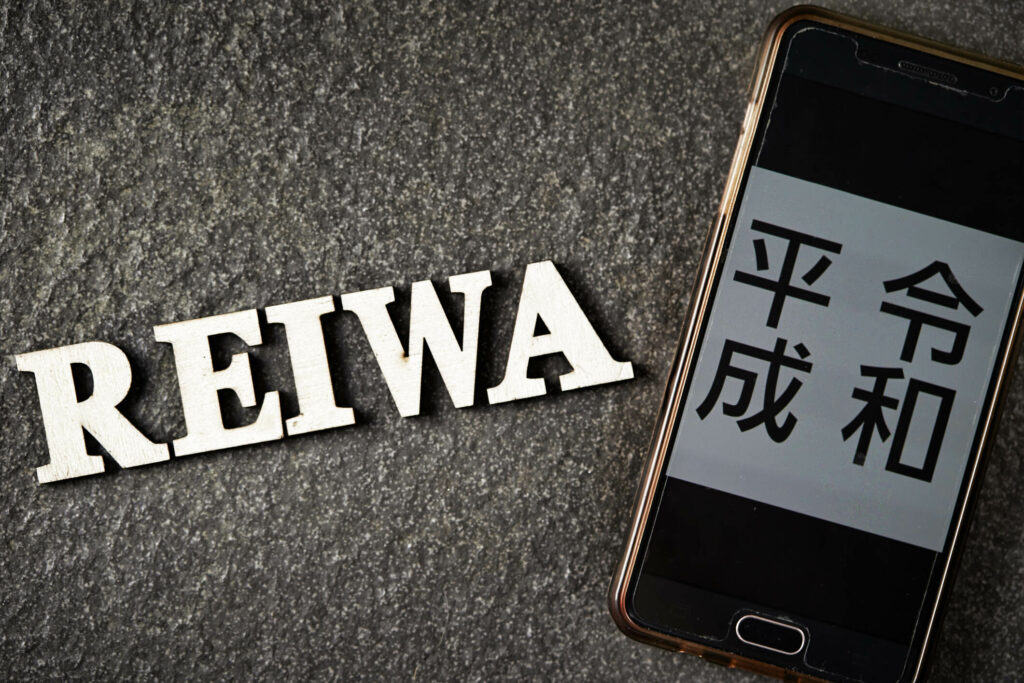The Job Interview: What to wear to look your best

Choosing an outfit for a job interview is by no means an easy task, but it’s a key part of the process of finding a new job. Formal wear or business casual? Whatever style you opt for – having made sure it’s appropriate for the environment you are looking to work in – the important thing is that you make a good impression on your potential employers. So, should you always plump for formal attire, whatever the position you are applying for, or would a more relaxed look be acceptable? Read on to find out how to dress for that all-important interview.
First impressions count.
Your suitability as a prospective employee starts from the moment you walk through the door of the interview suite. Before you have even greeted the interviewer, they will have formed some idea of whether you are the right person for the job. Statistically, around 65% of managers say that what someone wears to a job interview can be a deciding factor between similarly qualified candidates.
It is important not to leave the decision about what to wear until the last minute. Try to choose your outfit a few days before the job interview, so that you arrive at the interview confident of looking your best. Make sure that you will be comfortable in your clothes. Having confidence in your appearance is an important factor in how you come across in the interview.
What sort of business are you being interviewed for?
Context is key. Hiring in Japan is on the rise. You need to have researched the company thoroughly and have gained an understanding of its culture before you can accurately determine what you are going to wear to your job interview. Corporate positions in finance or law, for example, definitely require formal business attire, while business casual is generally appropriate for industries such as IT jobs, tech, and marketing.
If a dress code has not been stipulated in your interview invitation, try calling their HR department or your job agency for advice. However, the rule of thumb is to look well-groomed and professional. If you are unsure, play it safe in a smart trouser or skirt suit, with neat, understated accessories.
For the formal environment:
- Two/Three Piece Suit, preferably dark-colored.
- Matching tie (no bow ties)
- Black shoes
- Briefcase, laptop bag, small or medium purse
- Knee-length skirt
- Plain-colored blouse
- A watch/other jewelry/accessories you usually wear – don’t overdo it!
For the casual environment:
- Chinos
- A light-colored collared button-up shirt or dark-colored polo shirt
- A smart jacket or blazer
- Comfortable, smart shoes – no sneakers
- A watch/simple but smart jewelry/accessories – remember less is more
Fling the bling or play it safe?
Research shows that wearing high-end designer clothing to an interview can sometimes put a potential employer off you, with some employers even saying that interviewees sporting designer labels appear less trustworthy than their non-designer clothes sporting counterparts. Be careful, therefore, when choosing luxury-branded clothes, about what your choice of outfit may be conveying.
Furthermore, make sure you’re respectful of the company through your choice of interview clothing. Ask yourself: ‘what would I think if I was on the interview panel, and somebody walked in wearing my outfit?’.
Finally, make sure that whatever you choose to wear allows your true personality to shine through. Ultimately, your prospective employers have to decide whether YOU are the right fit for their company, and how you present yourself is a crucial element in showing them why you are the perfect candidate for the job.


